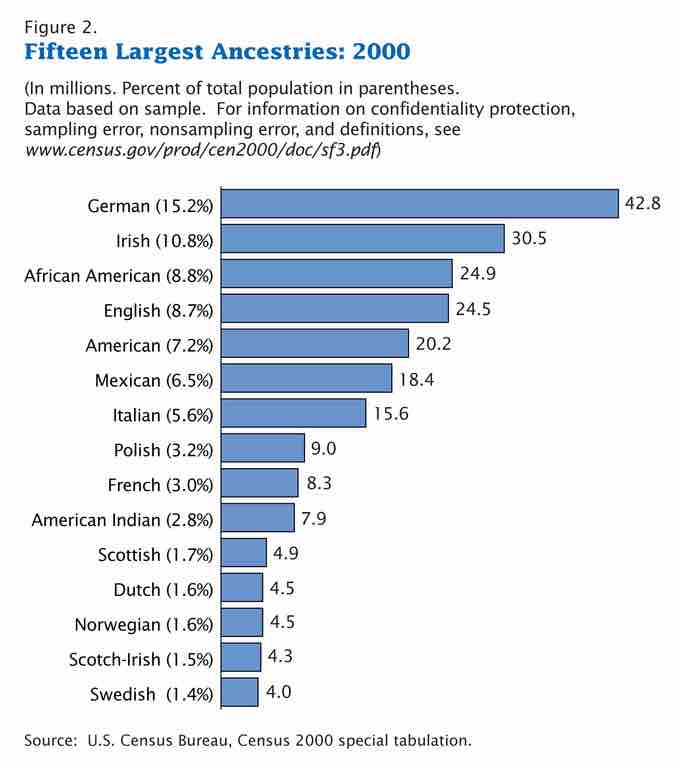An ethnic group is a group of people who identify with each other through a common heritage, which generally consists of a common culture and shared language or dialect. The group's ethos or ideology may also stress common ancestry, religion, or race.
In the United States of America, the term "ethnic" carries a different meaning from how it is commonly used in some other countries. This is due to the historical and ongoing significance of racial distinctions that categorize together what might otherwise have been viewed as ethnic groups. For example, various ethnic, "national," or linguistic groups from Africa, Asia and the Pacific Islands, Latin America, and Indigenous America have long been combined together as racial minority groups (currently designated as African American, Asian, Latino and Native American or American Indian, respectively).
While a sense of ethnic identity may coexist with racial identity (Chinese Americans among Asian or Irish American among European or White, for example), the long history of the United States as a settler, conqueror, and slave society, and the formal and informal inscription of racialized groupings into law and social stratification schemes has bestowed upon race a fundamental social identification role in the United States.
Examples of Overlapping Racial and Ethnic Categories in the U.S.
Ethnicity in U.S. therefore usually refers to collectives of related groups, having more to do with physical appearance, specifically skin color, rather than political boundaries. The word "nationality" is more commonly used for this purpose (e.g. Italian, Mexican, French, Russian, Japanese). Most prominently in the U.S., Latin American descended populations are grouped in a "Hispanic" or "Latino" ethnicity. The many previously designated "Oriental" ethnic groups are now classified as the "Asian" racial group for the census.
The terms "Black" and "African American," while different, are both used as ethnic categories in the U.S. In the late 1980s, the term "African American" came into prominence as the most appropriate and politically correct race designation. While it was intended as a shift away from the racial injustices of America's past often associated with the historical views of the "Black" race, it largely became a simple replacement for the terms Black, Colored, Negro and similar terms, referring to any individual of dark skin color regardless of geographical descent.
The term Caucasian generally describes some or all people whose ancestry can be traced to Europe, the Middle East, the Horn of Africa, North Africa, Central Asia, and South Asia. This includes European-colonized countries in the Americas, Australasia, and South Africa, among others. All the aforementioned are categorized as part of the "White" racial group, as per U.S. Census categorization. This category has been split into two groups: Hispanics and non-Hispanics (e.g. White non-Hispanic and White Hispanic. )

Fifteen Largest Ancestries in the 2000 Census
Top ancestries recorded in 2000.